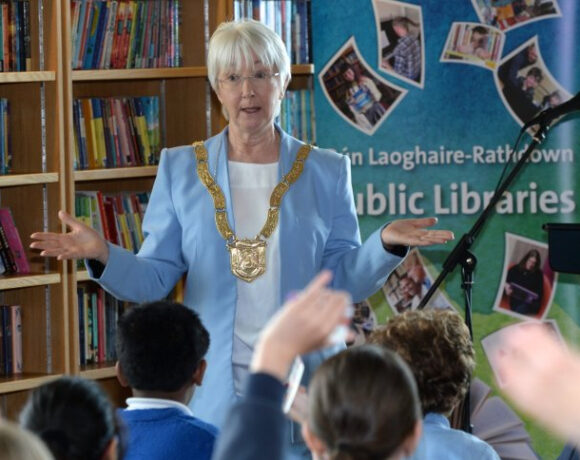The Sustainable Energy Authority of Ireland (SEAI) published the Final Energy Balance for 2022 which shows that Ireland’s total energy demand increased by almost 5% last year. SEAI says that the increase was mostly driven by a continued rebound of transport activity post COVID. A more significant increase was avoided through a reduction in household heating demand. SEAI believes that the 12% reduction in energy demand in the residential sector is due to a combination of high energy prices, the post COVID return to office, home efficiency improvements, a switch to renewables and some weather effects.
While energy demand increased, energy-related emissions were 1.8% lower than the previous year. This was due to reduced heat demand and a lower carbon intensity of electricity generation. Looking at indigenous energy production only, 2022 was the first year that renewable energy production exceeded that of fossil fuels.
Speaking about the report, Margie McCarthy, SEAI’s Director of Research and Policy Insights said, “this data release makes for worrying reading. A trajectory of increasing energy demand is incompatible with our EU energy efficiency obligations, which require substantial net reductions in energy demand by 2030. Equally concerning is that, despite the net decrease in energy-related emissions, the trajectories for all sectoral emissions ceilings in the first carbon budget are well off track. We have already used almost half our allowances in the first two years of a five-year period.”
“This annual look at our energy balance demonstrates just what level of change is required for us as a society. This is clearly illustrated by the impact of our restricted movement on transport during COVID, followed by the massive subsequent emissions rebound. It also demonstrates the power of the collective action of individuals. What we achieved at home and work in reducing our heat demand in 2022 is aligned with the level of effort required, it’s not easy but it works and will be to all our benefit.”
The data also highlights that Ireland’s overall renewable energy share last year was 13.1%, which avoided 6.8 Mt CO2 emissions.
McCarthy commented, “our renewable share still falls well short of our 2020 target of 16%. We are now so far behind the correct trajectory to reach our 2030 target that we need an unprecedented increase of Ireland’s renewable energy share to the end of this decade. It’s critical that we reduce current planning and development lead times for establishment of climate essential infrastructure, like on- and off-shore wind turbines, grid scale solar PV, associated grid development and district heating.”
Learn more and download the report here.
Source: SEAI













